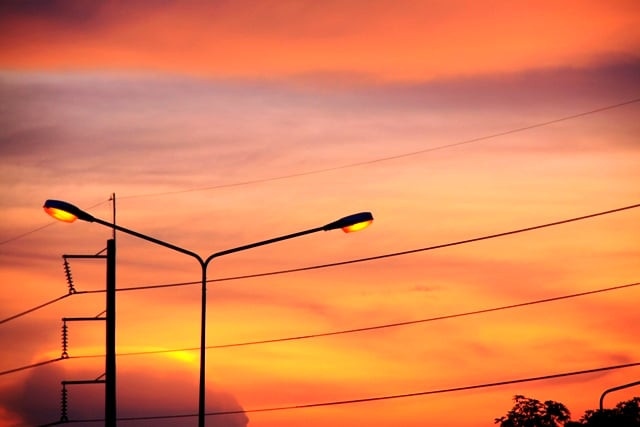Energy pricing: Govt may raise cap on gas prices
Two proposals to deregulate gas prices by exploration companies likely to be rejected.

In a bid to make investment in the Pakistani oil and gas sector more attractive to foreign investors, the government is set to increase the cap on gas prices by 30% by revising the existing pricing formula, though the measure does not go as far as had been demanded by the oil and gas exploration companies.
The price increase of about $1 per million British thermal units (mmBtu) would only go into effect if the global oil prices rise to $130 per barrel. The new prices will only be applicable to new drilling projects that are started after the new oil and gas exploration policy goes into effect.
The costs of oil and gas drilling have been rising dramatically over the last decade, mainly due to above average increases in the costs of technology. As the country’s biggest wells dry up, the exploration companies need to use more expensive technology to continue to extract hydrocarbons from the ground.
Sources told The Express Tribune that the average cost of drilling one well has gone up from $10 million to $25 million over the last decade. In addition, the rising costs have been exacerbated in Balochistan owing to the security situation, which adds an average of another $15 million in terms of security costs.
“In this way, one field costs $40 million from drilling to commissioning of oil and gas,” said one source.
Many exploration companies have been asking for the gas wellhead price to be set equal to the price that Pakistan will pay Iran when it begins to import gas from the South Pars field in 2014.
Wellhead prices in Pakistan are currently between $4 and $5 per mmBtu, under the policy that was put in place in 2009. The prices are linked to the global oil prices but at several discounts, with a cap of $100 per barrel. Any oil prices above that results in the government levying a “windfall gains tax”.
Under the 2011 proposals, the government would raise that cap to $130, which would allow gas wellhead prices to rise to between $5 and $6 per mmBtu.
There are currently two alternatives to this proposal that have been suggested by the oil and gas exploration companies. The first is to eliminate the discounting of the oil prices and link gas prices to a fixed price of $80 per barrel, which is relatively similar to the pricing formula being used to import gas from Iran.
“If this formula is implemented, the well head price of gas would rise to $14 per mmbtu,” sources said.
This formula is not acceptable to the government since it would cause a dramatic rise in consumer prices as well.
The second proposal by the exploration companies involves eliminating the $100 cap on gas price increases.
“Under this formula, the prices will not remain under control of government which will also lose windfall gains,” sources said adding that this proposal may also not be applicable.
Published in The Express Tribune, July 11th, 2011.



















COMMENTS
Comments are moderated and generally will be posted if they are on-topic and not abusive.
For more information, please see our Comments FAQ